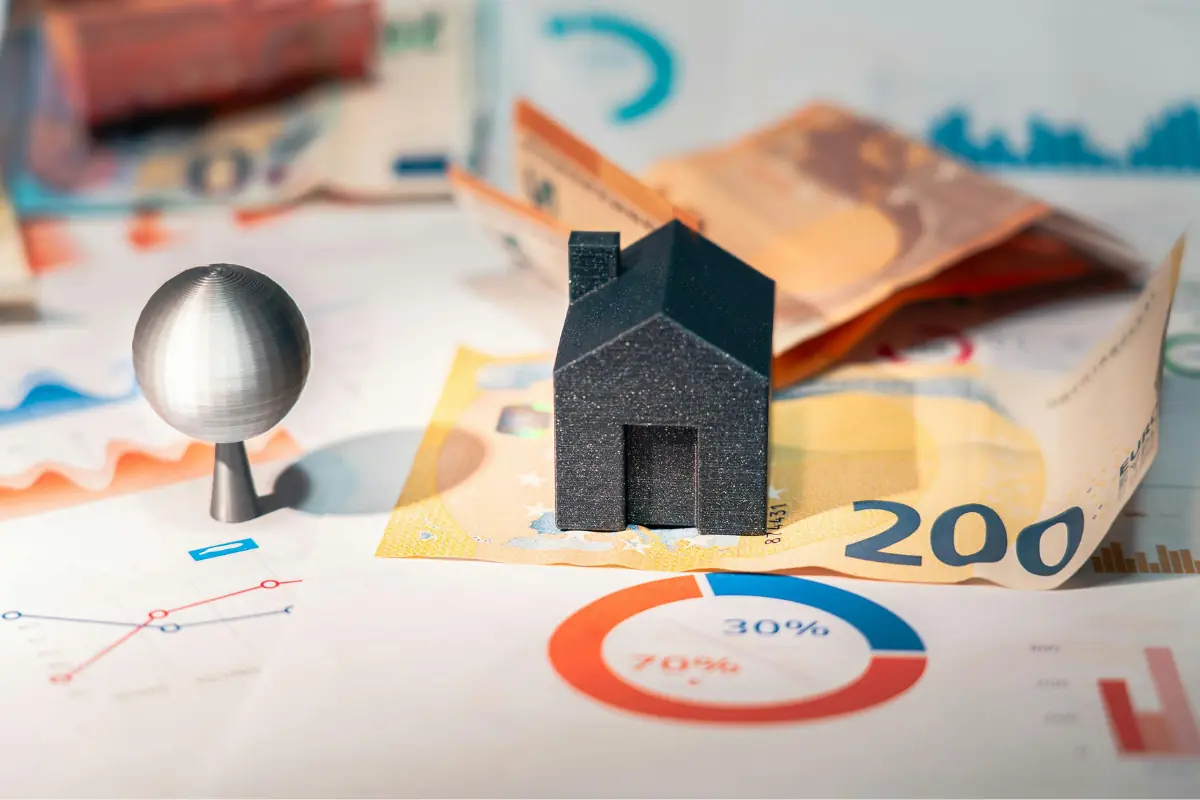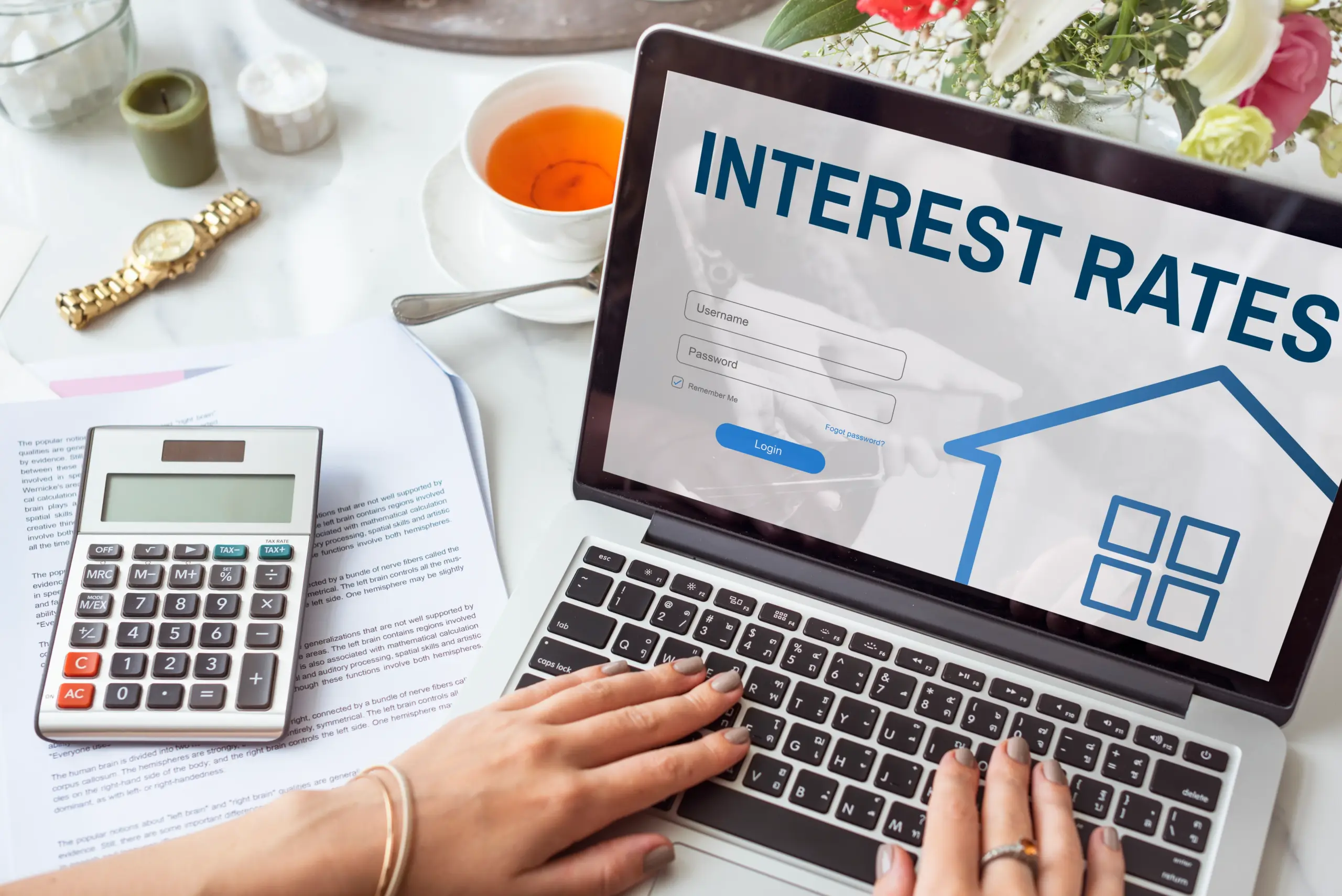When you are looking to purchase a home there are pertinent questions a lender will ask in order to help facilitate how they can help you. Listed below are the top five questions a lender should initially ask you when you call looking to get pre-qualified for a home purchase.
Top 5 questions a lender will ask you when you are looking to purchase and the answers that will determine if you need to wait:
- How much do you have for down payment? Answer: I don’t have a down payment, I’m looking for a first time homebuyer program possibly a grant program that will help with the down payment because I don’t have any money or little money saved
- Where are the funds coming from? Answer: Cash on hand that I have saved and are not deposited in a bank account
- What is your FICO score? Answer:I don’t know or it is below 620
- What is your desired monthly mortgage payment (budget)? The answer to this will not affect an approval but it may affect the reality of what you may afford and what purchase price you need to be looking at.
- What is your timeline? Answer: ASAP, my lease is up in couple month or less
The reasons why you would need to wait if you have any of the above-referenced answers:
Down payment- With down payment assistance programs and/or grants, they do not cover all the funds needed to purchase. You are still responsible for closing costs, as well as your earnest money. Unless you have a family member who will be gifting funds to you this can help offset the funds needed for purchasing. There are no programs available even for first time home buyers that will cover ALL your costs of purchasing a home. You will need to have some “skin in the game”. If you are asking yourself “how much?”, the best answer I can give is to estimate around 1-2% of the purchase price if you are getting a down payment assistance grant. If you are not, then you will need to expect to have at minimum 5-6% of the purchase price. This is an estimate for a minimum down payment (Conventional loan of 3% and for FHA 3.5%), then around 1-2% for closing costs. In this market, it is hard to get seller paid concessions, so you can look into lender paid closing costs BUT even with this you still need to have your earnest money. This amount will vary dependent on the seller and their agent. On average, we usually see anywhere from $1000 on up to $8000 sometimes more depending on the purchase price.
Funds- If you don’t have any money saved in an account (checking, savings, 401k, IRA, etc.) then you don’t have earnest money, which is required in order to put on offer on a home. These funds have to be liquid and traceable, meaning they have to be readily available and verifiable in your bank, cash on hand is unacceptable.
Credit score- If your score is lower than 620 then a reserve amount of savings (after closing) is vital, but also there are very few banks/lenders who will even accept a credit score lower than 620 FICO score. If you find a lender who can lend with a score lower than a 620 I would say be cautious. Meaning you will want to ask, “what are the rates, terms and required down payment?” FHA will allow for a credit score of 580 BUT the investors/banks who service your mortgage have their overlying guidelines and the majority of them require a minimum of 620 FICO score. You are better off waiting to get your scores up rather than pushing to find a lender who will accept a lower score.
Budget– Again, your budget does not affect your overall pre-approval but it may affect what you think your purchase price would be, the monthly payment you desire and the reality of what that means for the approved purchase price may be vastly different than expected. It is better to get a pre-approval, discuss loan options and your desired budget before predicting what purchase price falls in the arena of your monthly payment.
Timeline– In this market, if your lease is up in a couple of months or less and you are just getting pre-approved, you need to be prepared to have a backup plan. If you don’t find a property right away you need to know that you may be renting month to month or maybe have a friend or family member you can stay with while you are looking for a property. You shouldn’t put the expectation of finding a house in 30 days or less. Nor do you want to rush into anything. A purchase contract is an average of 45 days, so even if you found a house the very next day after your pre-approval you are already pushing your needed time frame. Ideally, you would want to get pre-approved at least 6 months prior to your lease deadline.
If you have any further questions or would like to discuss please contact our office.










